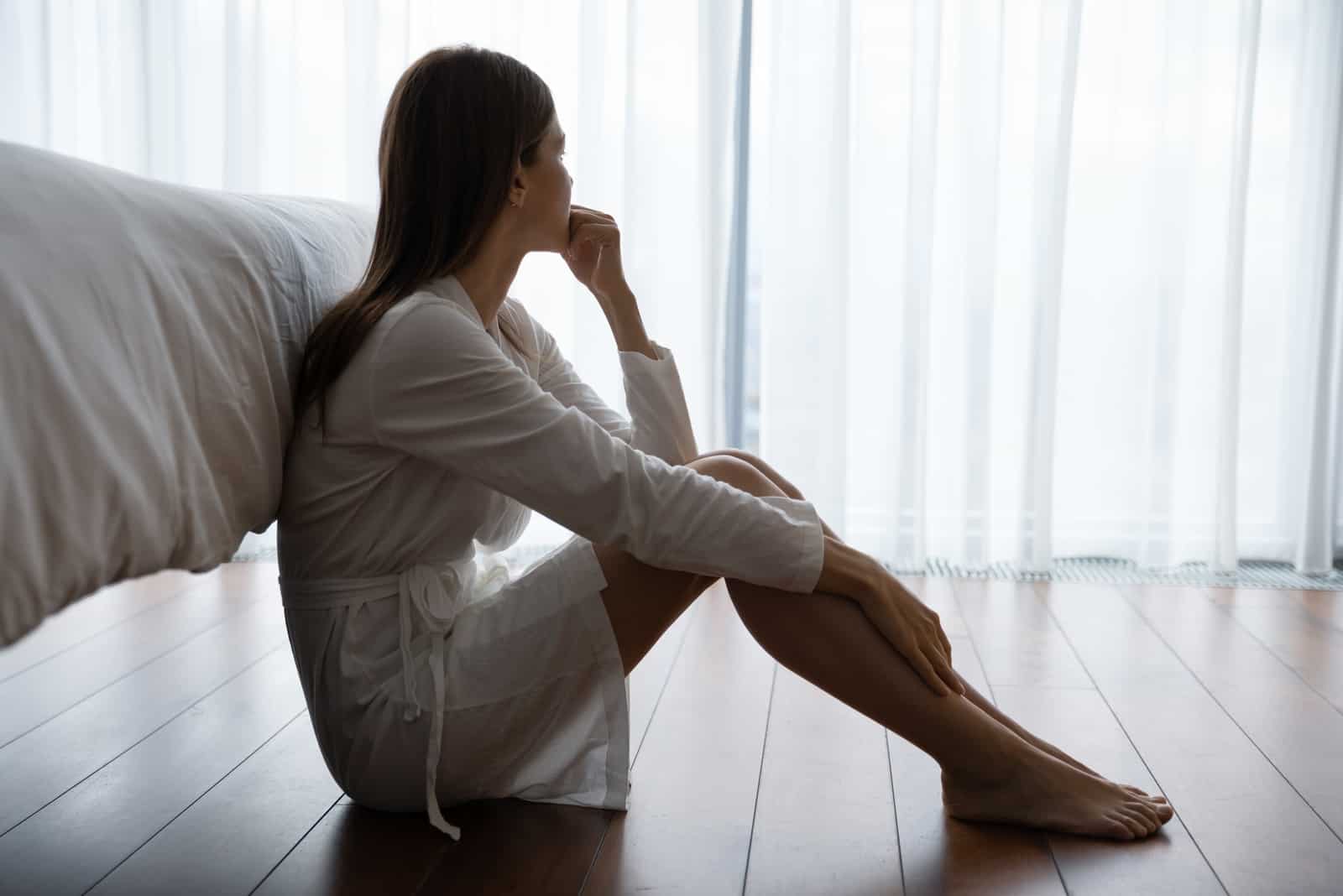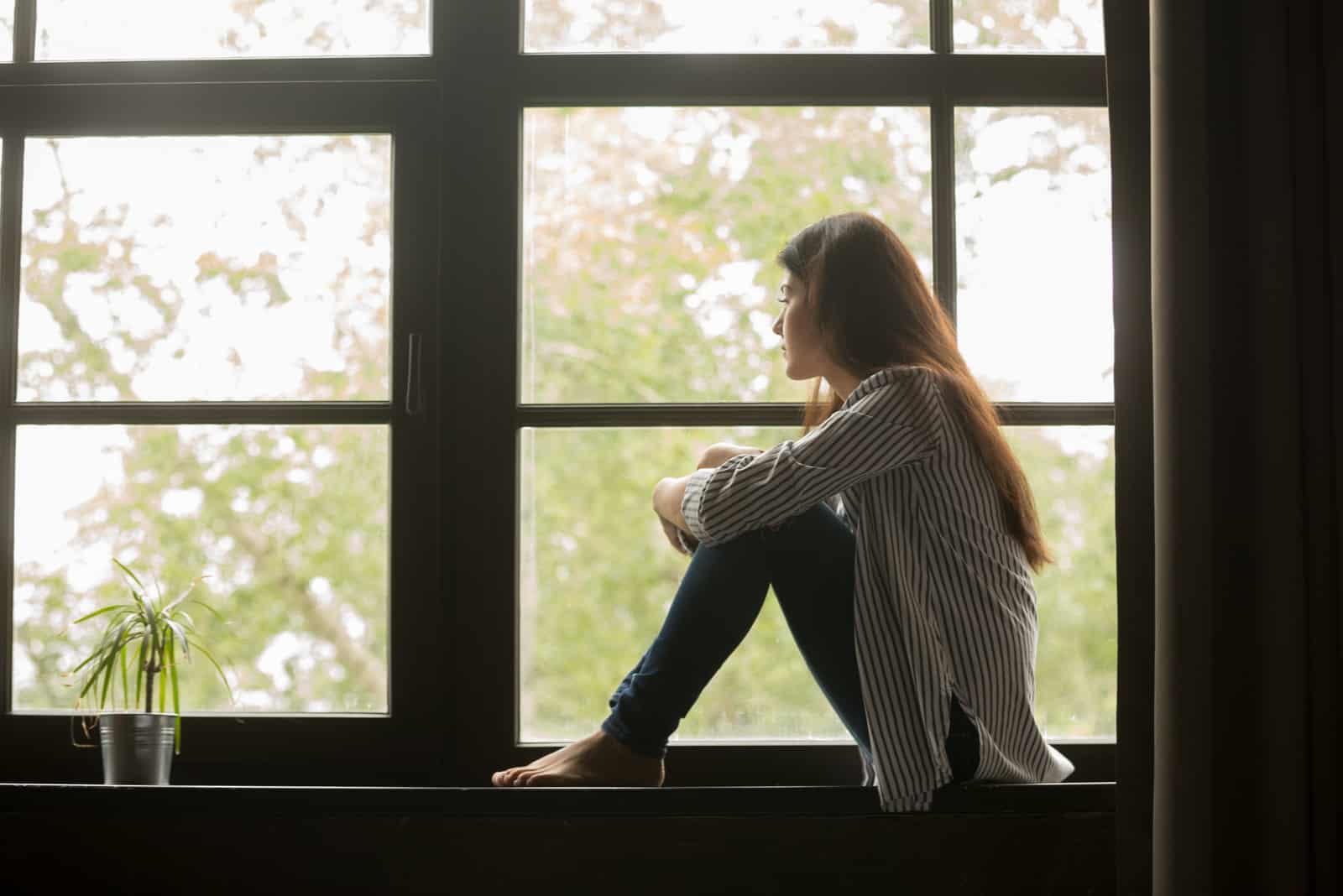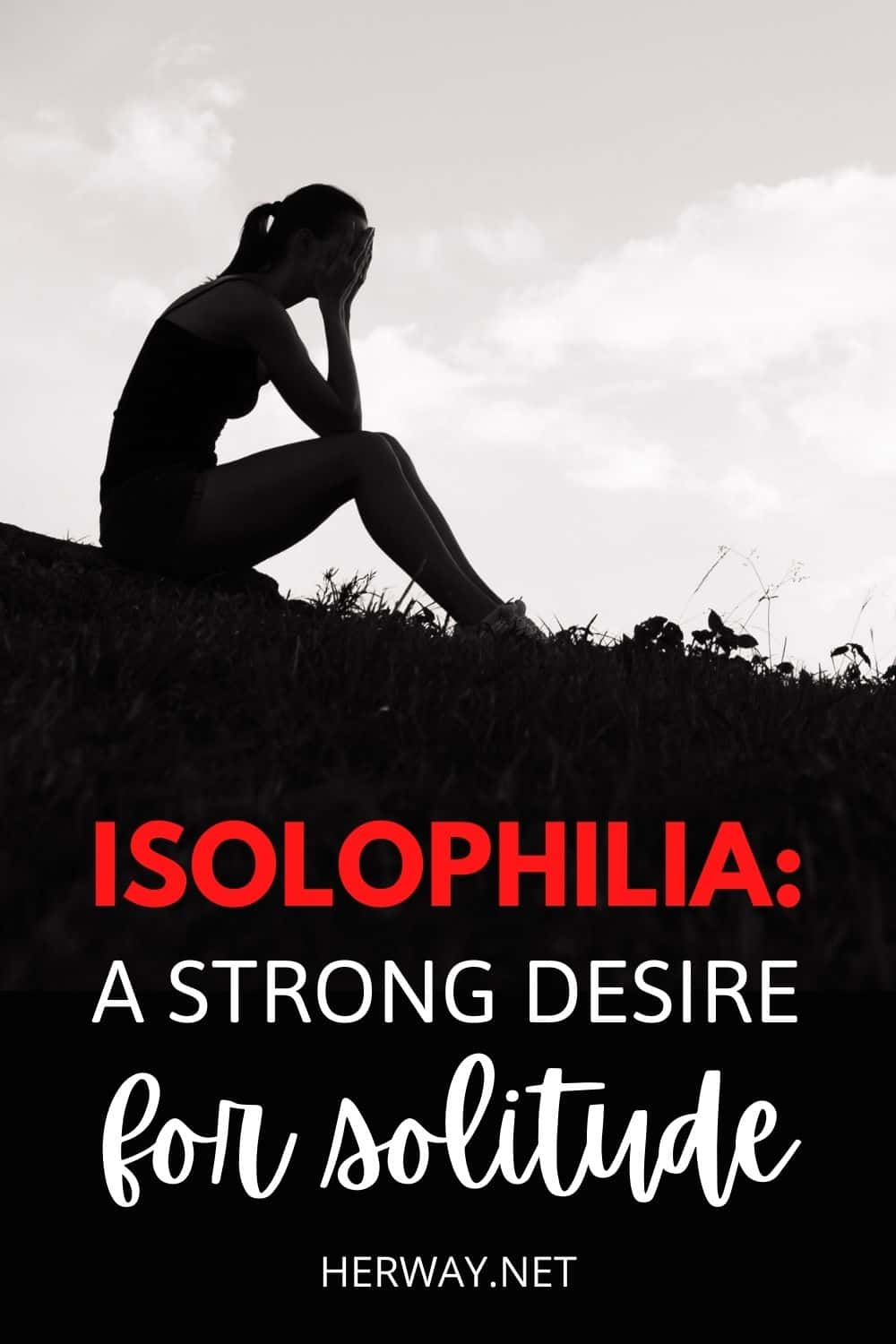Do you have a strong preference for alone time? Do social interactions drain you most of the time and not really give you a sense of fulfillment?
If yes, I wish you a warm welcome to the club known as Isolophilia – having a strong preference for solitude.
Here’s the thing. Some of us prefer spending time with others, and some of us prefer our own company. No one is wrong or right – just different. (It took me a while to truly absorb this hypothesis.)
Right now, I’m truly enjoying spending time with my laptop, so I’ll use this opportunity to go into the depths of isolophilia, its connection with introversion, and much more.
I hope you’ll enjoy my virtual company. ?
What Is The Meaning Of Isolophilia?
Isolophilia is a beautiful English word made of two separate terms: isolo (isolation, solitude) and philia (love, inclination).
Therefore, the term Isolophilia means having a deep need and a strong preference for solitude. And no, this is not something negative.
And no, I’m not saying (read: typing) this just because I myself have felt the same way for some time now. We’re all wired differently, and that’s the beauty of the world we live in.
Isolophilia shouldn’t be treated as something that needs fixing, and you’ll find all the reasons why below.
Isolophilia And Introversion
How is isolophilia linked to introversion? It’s universally acknowledged that introverts have a strong affection for solitude. As an introvert, I can confirm this statement.
After some time spent in a group of people, my “social battery” empties, and I feel the urgent need to recharge myself in solitude. It feels like someone is literally draining your energy during social habits.
Psychology Today explains this phenomenon in the following way:
“Having a less active dopamine reward system also means that introverts may find certain levels of stimulation — like noise and activity — to be punishing and tiring. This explains why the introvert in our bar example had fun for a little while but felt drained as he became overstimulated.”
So, once an introvert becomes overstimulated, they no longer enjoy socializing. Instead, they start seeking solitude to “recover.”
POPULAR MEME: “When you find out your normal daily lifestyle is called ‘quarantine.’” ?
When I stumbled upon this popular meme, I couldn’t help but burst out laughing because of the truthfulness of the statement. (“It’s funny because it’s true.”)
So, people who have isolophilia seldom have the fear of missing out because they don’t really enjoy overcrowded, overly stimulating environments, and hanging out in large groups of people.
Well, they do enjoy it for some time and to a certain extent. Sometimes those close to them have difficulty understanding this, so they start pressuring them to hang out and go out more.
As always, pressure creates counteraction (speaking from experience as well).
I feel like it’s my holy duty to emphasize that isolophilia is not something that should be healed or treated. We could say it’s a lifestyle just like any other.
Isolophilia In The Modern World
Social media, memes, dating sites, Snapchat, you name it. This made me think:
Is it even possible to be a legit “isolophilist” when spending time alone usually means spending time in the virtual world?
But it actually makes sense. The virtual world prevents loneliness and provides a safe alternative for maintaining connections with others.
However, I daresay that the virtual world (especially social media) can also be overstimulating for us introverts/isolophilists.
It can also have a negative effect on our mental health because it can sometimes create a fear of missing out instead of being motivational.
It’s when you see your close friends clubbing and having fun while you’re watching TV shows at home, you start thinking that maybe you’re missing out on all the fun.
But here’s a plot twist.
Chances are your friends who are clubbing feel the same way. Some of them regret not staying home. Here’s the potential conclusion:
If you enjoy where you are with all your heart, then you’re not missing out on anything.
You’re welcome!
Isolophilia Vs. Autophobia
While isolophilia means having a strong preference for solitude, autophobia is completely the opposite – the antonym of isolophilia.
Autophobia, or its synonym monophobia, is the fear of being alone. It’s when even the idea of spending time alone makes you feel uneasy and causes stress and anxiety.
You would be surprised how many people have a fear of being alone. With that said, here’s one statement that’s been ringing in my ears ever since:
The truth is, we have never been more connected with each other, and yet, we have never felt more lonely.
For that, I blame our hectic lifestyles and social media. Basically, when we’re not busy doing something, we even bring our smartphones to the toilets. We’ve created this virtual need to constantly be connected with others and the rest of the world.
FOOD FOR THOUGHT: But does this make us actually feel more lonely and at the same time create a fear of being alone?
Alone Time Is Equally Important For Everyone
The importance of spending time alone shouldn’t be neglected regardless of whether you belong to the category of isolophilia individuals or not because it is a form of self-care.
If you have isolophilia, you’ll spend more time alone than others. If you don’t have isolophilia and are not an introvert, this doesn’t mean you should never seek solitude.
Spending time alone is crucial for our growth, personal development, and self-reflection.
This helps you detach from other people’s opinions, needs, and interests. It helps you let go of everything. Think of it as doing an update or periodical evaluation of your progress and everything that has happened.
Also, solitude helps us filter and get rid of any toxicity we have accumulated while spending time with negative people.
Alone time is not something we should fear or judge. It’s completely natural and desirable.
After all, if you don’t enjoy your own company, how can you enjoy the company of others? Or how can others enjoy your own company?
Everything is interconnected, and it all stems from the relationship we have with ourselves.
More Food For Thought
In the world of fake ideals and all kinds of manipulation, isolophilia shouldn’t be treated as a condition but a necessity. Sometimes, the only way to find answers and conquer fears is to dig deep within yourself.
These are the questions we need to ask ourselves (in solitude):
Are you at peace with yourself, or do you need the noise to distract you from your own demons? Can you be alone without becoming lonely ?
Can you respect other people’s need for solitude if you don’t have one?








